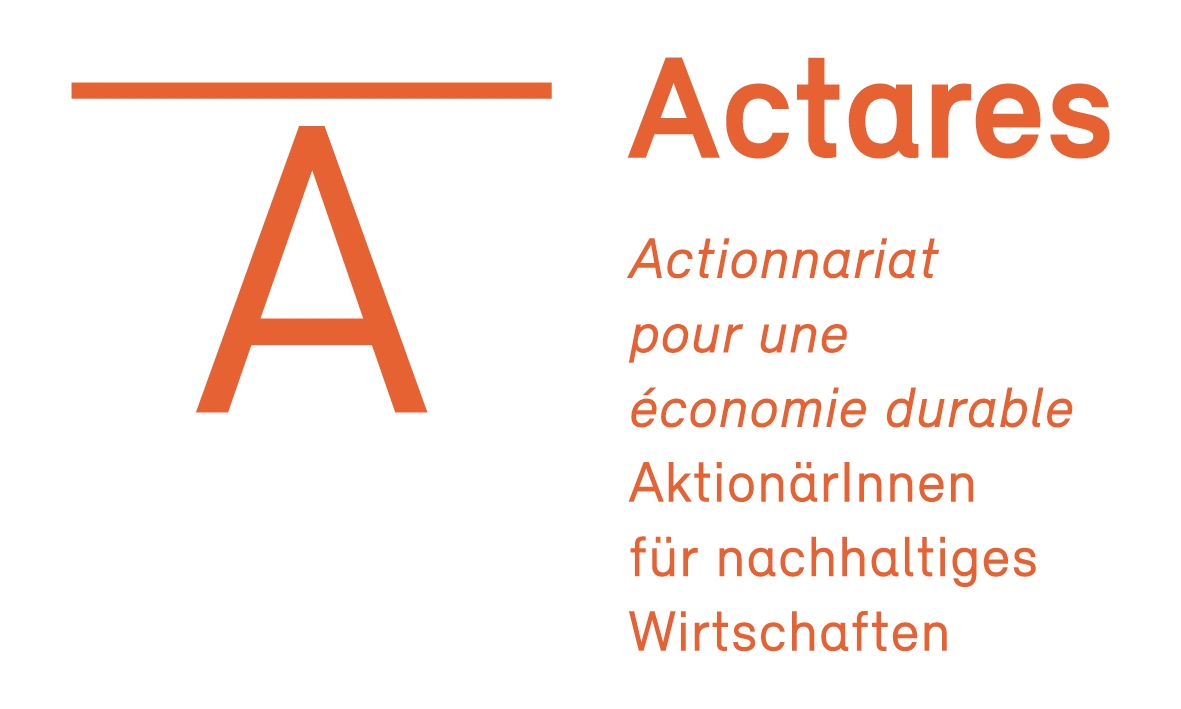January 2021 saw a short squeeze in shares of video game retailer GameStop (GME) that was triggered by a community of retail investors from the Reddit forum r/wallstreetbets. This event forced short seller investment management firms and hedge funds to cover their positions at significant losses. A turmoil occurred when some brokers temporarily restricted buy orders on January 28th. The alleged catalysts of this particular event can also be read in the realm of fintech innovations with limitations on digital platforms that are willing to empower small investors.
Why would a stock be halted?
Putting aside the thoughtful debate around the existence of short selling, the fundamental analysis of a company and the question as to who is allowed to play in the stock market “casino”, the key focus here is about what happened on January 28th and the alleged conflict of interest involving Robinhood and Citadel Securities.
Amid the market frenzy that saw GameStop hit its all-time high of $483 last Thursday – approximately 188 times its 52 weeks low of $2.57 – the online broker Robinhood was blamed by its retail investor users of blocking buy orders of several volatile stocks including GameStop (GME), BlackBerry Limited (BB) and AMC Entertainment Holdings (AMC), hence limiting their rise in value as expected by the subreddit members. Representatives of Robinhood justified this measure as being a result of increased collateral requirements from clearing houses when settling the exchange between cash and securities.
What retail investors could not overlook though were the allegations of conflict of interest involving Citadel Securities, one of Wall Street biggest player’s. This leading global market maker was said to have given instructions to its business partner Robinhood to temporarily halt trading of GME in order to limit damages for hedge funds that were shorting the stock, reported The Wall Street Journal. Even though both companies denied these claims, GME stock lost 60% in value during that trading day.
Online trading platforms seen as democratising forces
It is crucial to understand the business relationship between Robinhood (a key player in the fintech industry) and Citadel Securities (an American hedge fund and high-speed trader).
Robinhood is an online stock trading platform for retail investors that provides zero-commission trading alternatives as its foremost service. This broker works with market-making third parties like Citadel Securities because it cannot execute its clients’ trades right away. However, Robinhood opted for a controversial practice called ‘payment for order flow’ where Citadel Securities pays fees to Robinhood to gain access to real-time information about retail trading patterns, even before actually executing these trades. “Because it is a closely held company, Robinhood does not disclose how much of its total revenue comes from order-flow payments”, reported The Washington Post.
Now the potential discrepancies between order flows and retail brokerages is just the reflection of some definite limitations of this pioneering yet booming industry. Is it about regulations? Is the fear of these new brokerage platforms going bankrupt through liquidity legitimate? Is there room for innovation to step up? The answer to the latter remains open.
Fintech innovations and small investors
The fintech industry is highly competitive as illustrated by the billions of dollars being invested by long-established banks and new participants in order to move financial services to digital platforms. Swissquote and TWINT are key contributors in Switzerland.
New players are now switching to digital wallets around the world.
According to ARK Invest Big Ideas Report 2021, digital wallets could represent a $4.6 trillion opportunity by 2025 in the US as they are in the dawn of a new age, penetrating traditional financial services such as brokerage. The number of digital wallet active users is now even higher than the number of deposit account holders at the largest traditional banks in the US thanks to lower customer acquisition costs. This competitive edge mainly comes from savvy marketing strategies and peer-to-peer payment ecosystems, reports the investment firm.
“Digital wallets could serve as lead generation platforms for commercial activity beyond financial products.” ARK Invest Big Ideas Report 2021
As a conclusion, technology keeps transforming the financial services industry. The impact of fintech innovations on retail investors is also gaining momentum. One thing is for sure though, the paradigm is shifting and this market opportunity is genuine.
Cem Kocaman
Innovation Time Genève

Last modified: 2 février 2021























